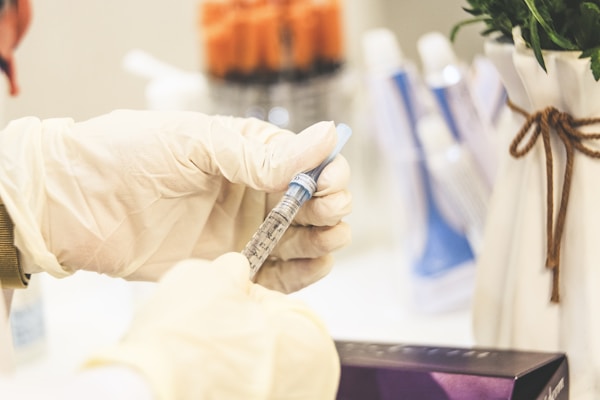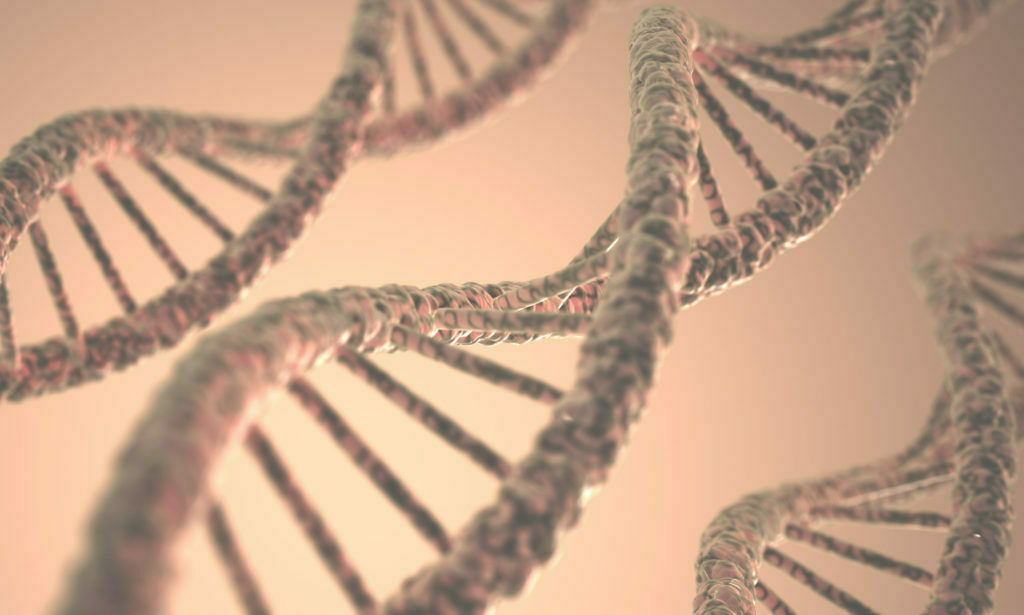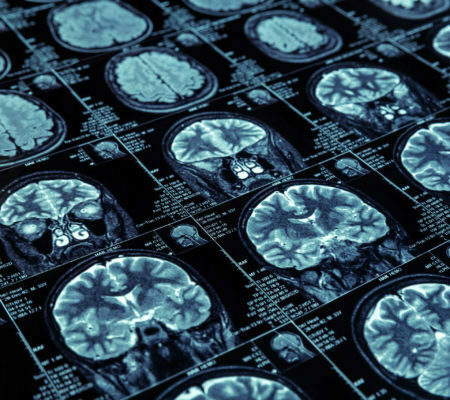NAD and NADH are two closely related molecules that play a key role in metabolism and energy production within the body. NAD (nicotinamide adenine dinucleotide) is an oxidized form of NADH (reduced nicotinamide adenine dinucleotide) and is essential for the production of energy in cells. While both molecules are important for the proper functioning of the body, there are some differences in their roles and benefits.
Introducing NAD and NADH

So, what are the benefits of NAD vs. NADH? NAD is a key molecule in metabolism, acting as an electron acceptor and donor. During glycolysis, NAD is converted to NADH, which is then used to provide energy for cellular activities. NAD is also involved in the Krebs cycle, which is the main energy-producing pathway in the body. As a result, NAD is important for energy production and metabolism in the body. NADH, on the other hand, is the reduced form of NAD.
NAD and NADH are two important molecules found within the human body, and both are essential for energy production. NAD stands for nicotinamide adenine dinucleotide, and NADH stands for nicotinamide adenine dinucleotide hydrogen. Both molecules are critical for the production of ATP, which is the body’s primary source of energy.
NAD is important for energy production, as it is converted to NADH during glycolysis and the Krebs cycle. Glycolysis is the process of breaking down glucose to produce energy, while the Krebs cycle is the process of breaking down carbohydrates, proteins, and fats to create energy. As NAD is converted to NADH, energy is released in the form of ATP, which can then be used by the body’s cells.
NADH is also essential for energy production, as it is necessary for the production of ATP. During the breakdown of carbohydrates, proteins, and fats, NADH serves to shuttle electrons and hydrogen ions, which are necessary for the production of ATP. This process is known as cellular respiration, and is essential for the production of energy.
NADH helps to shuttle electrons and hydrogen ions to break down fatty acids into acetyl-CoA, which can then be used in the Krebs cycle. Similarly, NADH is involved in the breakdown of carbohydrates, as it helps to shuttle electrons and hydrogen ions to break down glucose into pyruvate, which is then used in the Krebs cycle.
Finally, NADH is also important for the proper functioning of enzymes. Many enzymes require NADH in order to function properly, and if there is not enough NADH present, the enzymes may not be able to perform their intended role. This can have a drastic effect on the body’s metabolism, as many important chemical reactions require enzymes in order to occur.
Supplementing NAD & NADH

NADH has also been shown to help increase levels of neurotransmitters, such as serotonin and dopamine, which can improve mood and cognitive function. Serotonin is a neurotransmitter that is involved in regulating mood and cognitive processes, while dopamine is involved in regulating pleasure, motivation, and reward. Increasing the levels of these neurotransmitters can help improve mood and mental clarity. In addition to its antioxidant and neurotransmitter-boosting effects, NADH has been shown to improve energy levels, reduce fatigue, and improve mental clarity.
Many people report feeling more energized and alert after taking NADH supplements. This is likely due to its role in the production of ATP (adenosine triphosphate), the main source of energy in our cells. Taking NADH can help the body produce more ATP, resulting in increased energy levels. Finally, NADH has been shown to help improve the body’s ability to metabolize fats and carbohydrates. This can be beneficial for people who are trying to lose weight or maintain a healthy weight. In this way, NADH can help people achieve their weight loss goals.
In conclusion, NAD and NADH are both important molecules for energy production and metabolism in the body. NAD is essential for energy production during glycolysis and the Krebs cycle, while NADH is necessary for the production of ATP. Additionally, NADH has additional benefits, such as being a powerful antioxidant, increasing neurotransmitter levels, and improving energy levels and mental clarity. Both molecules are important for the proper functioning of the body, so it is important to ensure adequate levels of both.





